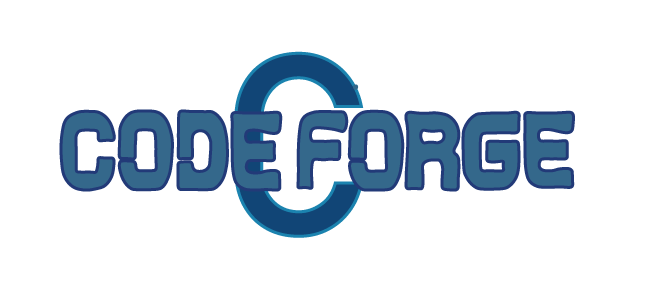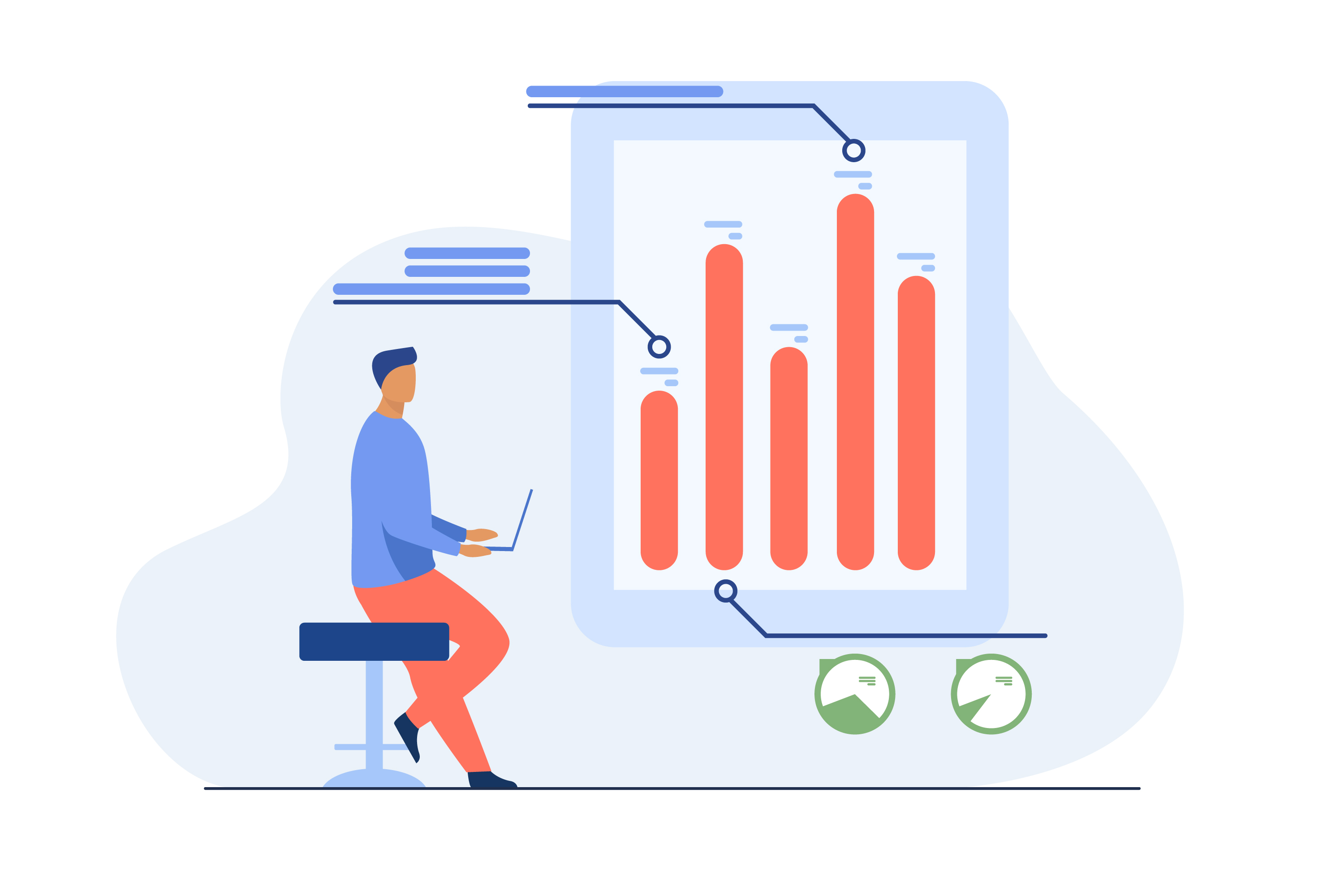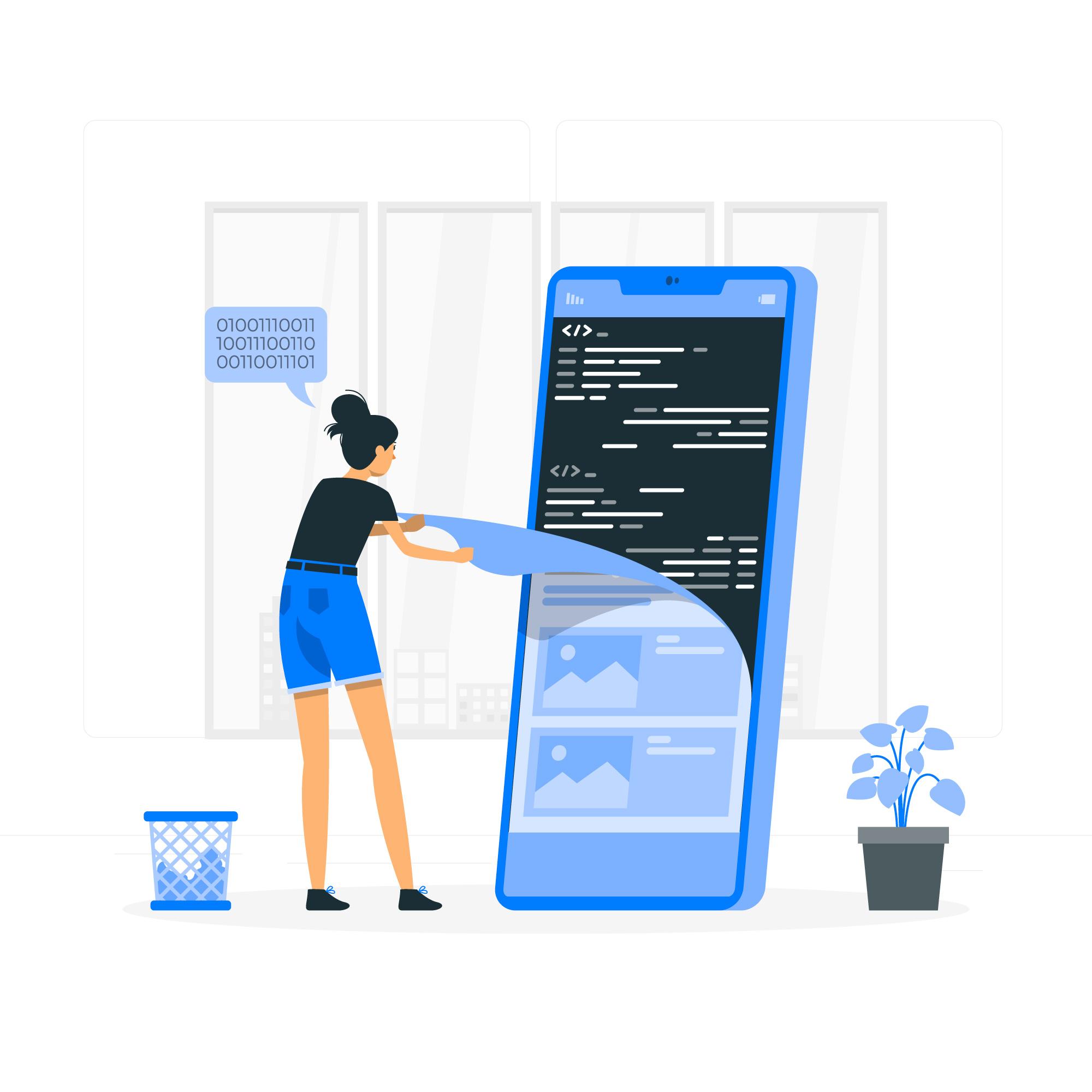Software Testing
Course Overview: This comprehensive Software Testing Diploma equips you with the essential skills and knowledge needed to excel in the field of quality assurance (QA) and software testing. You will explore key testing methodologies, strategies, and tools that ensure software products meet the highest standards of performance, functionality, and reliability. This hands-on course provides a strong foundation for both manual and automated testing, preparing you to work confidently in real-world testing environments.
Course Content
Introduction to Software Testing
Testing Methodologies and Models
Test Planning and Test Management
Manual Testing Techniques
Create and execute detailed manual test cases for a web application.
Automated Testing
Develop a data-driven automated test script for a web application using Selenium.
Performance Testing
Perform a load test on a web application using JMeter and analyze the results.
Security Testing
Conduct security testing on a web application using OWASP ZAP and identify vulnerabilities
Mobile Application Testing
Test a mobile application on various devices and OS versions using Appium.
Test Management and Reporting
Create a comprehensive test report and metrics dashboard for a completed test cycle
Quality Assurance & Standards
Final Project And Graduation





